When You Turn 50: Change Your Diet
Check out this guidance for better health as you get aging.

As you turned 50 or have been in your 50s, you should be more focused on your diet. Fifties is a time of life when health problems such as raised cholesterol, high blood pressure, cardiovascular disease and diabetes are more common. As you get older, your metabolism slows down and you need fewer calories. What you ate in your twenties may not be what your body needs as you hit your thirties, forties, and fifties. To help your body age well, it’s significant to make some changes to your diet. Cutting down on high calories such as hot meal and butter, also cut down on sugary snacks. Here is a laundry list of the most nutritious foods to add to your diet to improve your longevity and protect your health.
What to Eat
No single food provides all the nutrients we need, so it is important to include a wide variety of foods in the diet.
Increase your daily protein intake
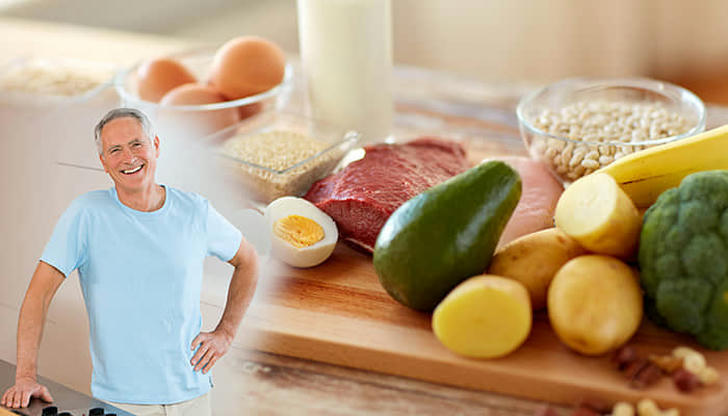
2015 study in the "Journal of Nutritional Science" showed that people in their 50s need protein to prevent osteoporosis and loss of muscle. According to the Dietary Guidelines for Americans, the recommended level of protein consumption for a woman of 50 years is 46 grams per day. In addition, protein may also help reduce hot flushes, improve cardiovascular health and bone density, and proper immune system.
Beans, peas, lentils, peanuts, and chickpeas are excellent sources of plant-based protein to stabilize blood sugar and keep cravings at bay. Eggs, yogurt, cottage cheese and low-fat milk are all good sources of protein.
Get more calcium and vitamin
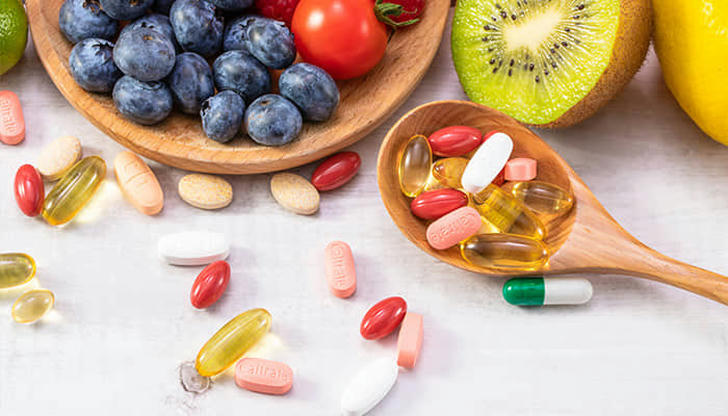
As we get older, our body tends to become less efficient at absorbing or manufacturing vitamin D. However, Vitamin D is an essential nutrition for everyone to help maintain healthy bones and muscles. And calcium is needed to help build strong bones for nerve and muscle function.
Good options that are rich in B6 and that can help prevent heart disease include bananas, potatoes, and pomegranates. Eggs, fish, and chicken are high in B12 and support a healthy nervous system. Meanwhile, Milk and dairy foods such as yoghurt and cheese are important sources of calcium, vitamins A, D and B12. Try to choose lower-fat varieties.
Eat Healthy Fats
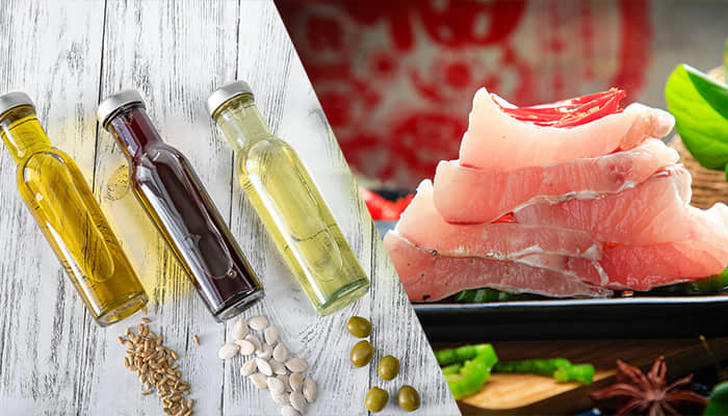
Not only are saturated fats detrimental to your arteries and heart health, but they may also harm your concentration and memory in the long run.
Add more fatty fish and fats from plants, like flaxseed and nuts. Fish from wild sources like salmon is high in omega-3 fatty acids, which can possibly slow down aging by preventing heart disease as it supports brain health.
What Foods to Avoid
As you get older it's natural that your body slow metabolism, your blood pressure becomes higher than normal. Here is our list of foods and food groups to avoid after 50s.
Reduce your sugar intake
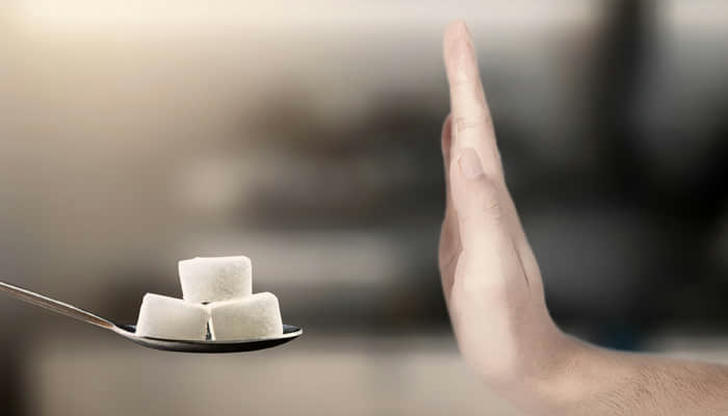
Excess sugar can put stress on organs such as the pancreas and liver, which can increase blood sugar and blood triglyceride levels and raise the risk of fatty liver disease. In addition, sugars increase one's risk of cardiovascular disease and diabetes, the incidence and prevalence of which increase as we age.
Soda, cookies, ice cream, baked goods, candy, and similar are all sources of sugar that can be trimmed from your diet – they do nothing positive for your health.
Cutting down on salt
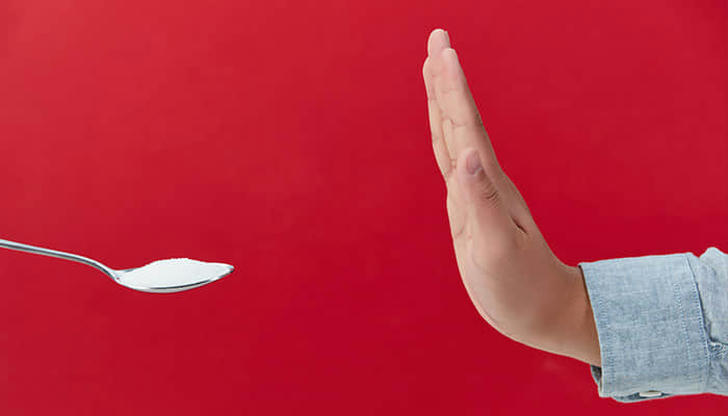
While sodium is an essential mineral for your body to function, too much can aggravate related heart conditions, cause water retention, and drive your blood pressure readings up. The worst sources are premade and packaged and processed foods, as well as pickled items. Bread and rolls can also have a lot of salt. On average, you should aim to keep your salt intake to less than 6g per day (about 2.4g of sodium).
Want a natural remedy? Eat a banana -- the potassium will lessen the effect of sodium in your diet and may lower your blood pressure.
Cutting down on unhealthy fats
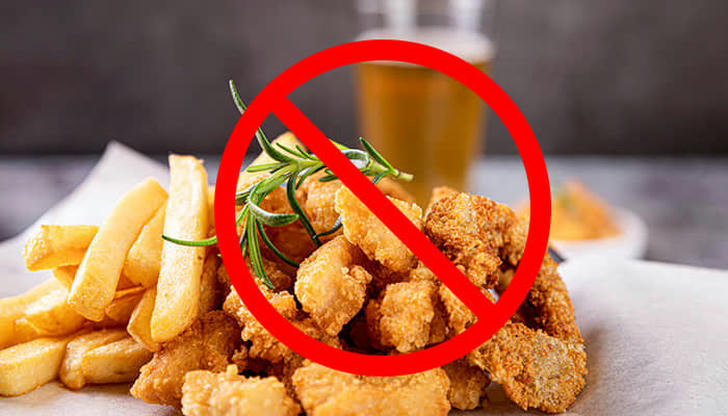
Try to imagine the vat of oil that basket of fries or onion rings has been submerged in, and consider how its saturated fat “may have a negative impact on blood cholesterol. Unhealthy fats like fried food, not only contribute to heart disease as we age, but also heightened the risk of stroke and heart attack.
What to Drink
Aging can make you prone to dehydration, and became less able to recognize the signs of dehydration. Additionally, your kidneys help your body conserve water, but they tend to lose function as you age.
Stay Hydrate

For this reason, it’s important to make a conscious effort to drink enough water daily.
Aim to drink about six to eight glasses of water, or other fluids, every day to stop you getting dehydrated. When the weather is warm or when you get active, your body is likely to need more than this.

